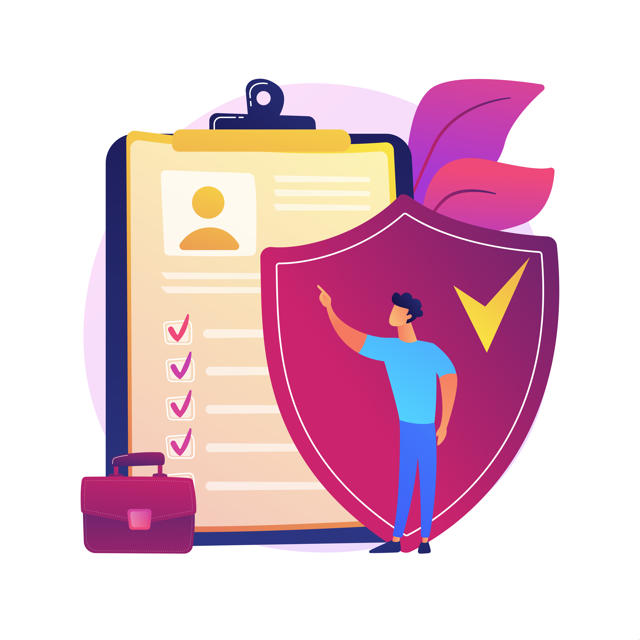
Rapid Concept Workshop™
A Structured Product Discovery Sprint for Serious Founders and Product Teams
What is Rapid Concept Workshop?
The Rapid Concept Workshop™ is a high-impact discovery process designed for early-stage SaaS products, AI platforms, and complex custom applications. Over the course of 3 to 4 weeks, we establish the strategic, functional, and technical foundations of your product – before development begins.
This framework has been developed and refined over 600+ product journeys across B2B, B2C, and enterprise contexts. It aligns your product vision with executable plans, reduces risk, and ensures every stakeholder understands the path forward.
This is not just a planning meeting. It’s a structured, multi-disciplinary discovery sprint where business strategy meets technical feasibility. The workshop addresses three core questions:
- What should we build, and why?
- How much will it cost to build and support?
- How can we architect and execute it the right way?
By the end of the workshop, you’ll have a clear, actionable plan covering user flows, technical stack, estimated costs, third-party integrations, and product roadmap – all validated by a senior cross-functional team.
Workshop Scope

1. Business and Product Discovery
We align the product vision with market realities and business goals.
- Market and competitor research (optional)
- Product vision and objectives
- Target audience and key personas
- Business model and monetization strategy
- Assumption mapping and risk identification

2. Functional Blueprint and Use Case Clarity
We break down what your product needs to do and how users interact with it.
- Feature mapping (MVP vs full product)
- User journeys and flow diagrams
- Use case documentation with edge case handling
- Third-party services and API requirements
- Feature prioritisation framework (must-have, nice-to-have, etc.)

3. Technical Architecture and Stack Recommendation
We evaluate technical feasibility and define the right path for scalable development.
- Infrastructure and deployment roadmap
- Tech stack recommendation based on your business goals
- Modular architecture planning
- API and integration design
- Security, scalability, and compliance considerations

4. Estimation and Development Plan
We translate the plan into a cost-effective and time-bound development proposal.
- Development effort estimation by phase or module
- Suggested sprint and milestone planning
- Timeline and resource planning
- Deployment strategy and risk identification
- Optional post-launch maintenance forecast

5. UX and Wireframing (Optional)
We define the early experience layer with functional wireframes to visualise product flows.
- Wireframes for core screens and user actions
- Design guidelines and layout principles
- UX aligned with technical constraints and business goals
- Optional branding inputs or design moodboards
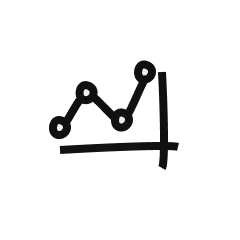
6. Project Planning and Delivery Roadmap (Optional)
We provide a practical, milestone-driven delivery roadmap that guides execution, whether you build with us or with your team.
- Sprint-based project plan with milestone definitions
- Gantt-style high-level timeline (optional)
- Role mapping across product, tech, and design
- Risk register with mitigation strategies
- Delivery rhythm recommendation (weekly, biweekly, monthly)
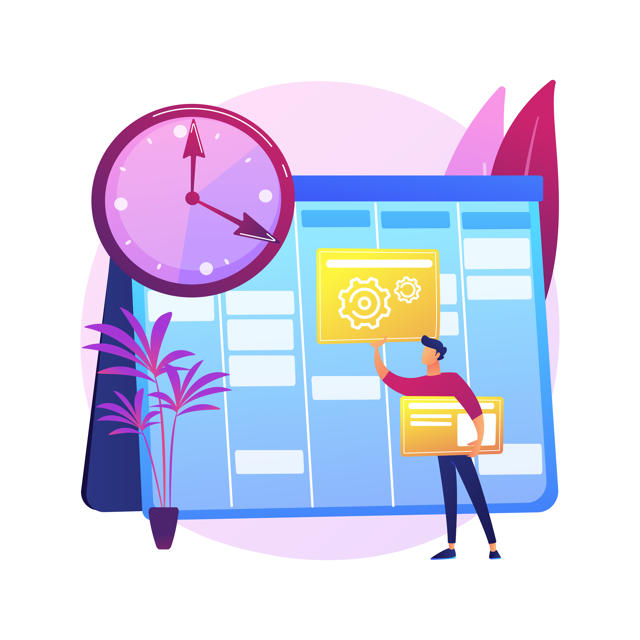
Deliverables
Each workshop concludes with a detailed set of documents and artefacts that your team or any vendor can use to move directly into execution:
- Optional: Architecture diagram, project governance guideline, branding and design guide
- Functional specification document
- Technical stack and system architecture recommendation
- Wireframes and UX flow diagrams
- Effort and cost estimation (phase-wise)
- Product roadmap and feature prioritisation
- Recommendations for third-party tools and APIs
Team Composition
The workshop is led by senior team members with proven experience across SaaS, AI, and enterprise software:
- Product strategist and founder (workshop lead)
- Business analyst
- Technical architect
- UI/UX designer
- Project manager
- Optional: QA or developer for feasibility checks
We request at least one senior stakeholder from your side who understands the business lifecycle and has the authority to make scope decisions.
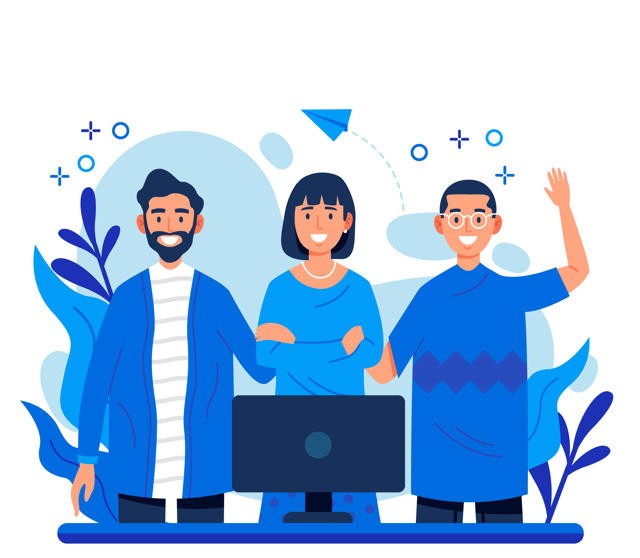
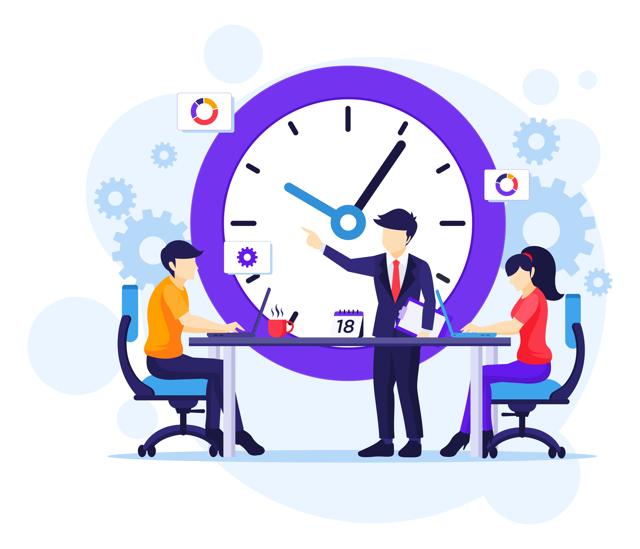
Timeline and Engagement Model
The standard duration is 3 to 4 weeks. It may vary based on the complexity of the product or the availability of client-side stakeholders.
A short scoping call is scheduled before we begin to align on context, goals, and fit.
Outcomes and Benefits
This workshop replaces guesswork with clarity. Founders and product leaders benefit from:
- Faster execution with fewer blockers post-kickoff
- Significantly reduced development cost overruns
- Accurate estimates for time, cost, and infrastructure
- Improved investor confidence with clear documentation
- Reduced rework due to technical misalignment
